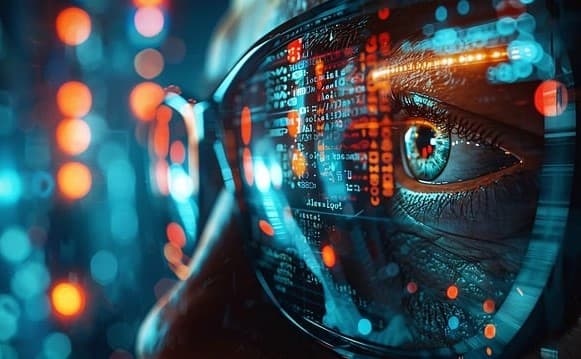
How We Encode and Retrieve Information
A look into cognitive development through memory systems, attention, and problem-solving in childhood learning.

A look into cognitive development through memory systems, attention, and problem-solving in childhood learning.

Long-term memory is the system that stores information for extended periods, from hours to a lifetime, enabling learning and recall.

Working memory is the brain's system for temporarily holding and manipulating information needed for reasoning and learning.

Short-term memory is the brain's temporary storage, holding information for seconds before processing or discarding it.

Sensory memory refers to the brief and automatic retention of sensory information from the environment, including sight, hearing, smell, taste, and touch.

Memory is the brain's ability to store, retain, and retrieve information, shaping our learning, identity, and experiences.

Selective Attention is the ability to focus on specific stimuli while ignoring others, helping to filter irrelevant information and improve task efficiency and decision-making quality.

Change blindness reveals how selective attention shapes our perception, often causing us to miss visible changes in our environment.

Discover inattentional blindness, a cognitive phenomenon where we miss visible objects. Learn why it happens, how it affects everyday life, and explore strategies to overcome it.